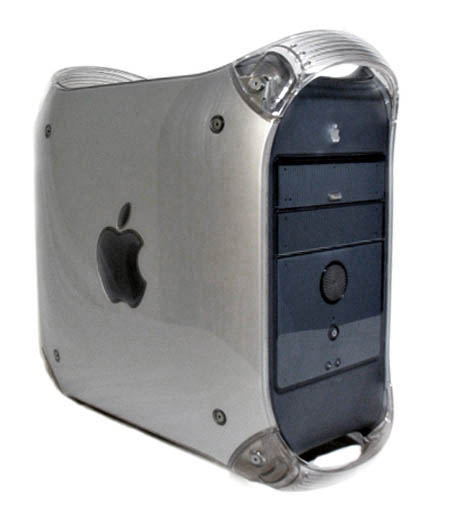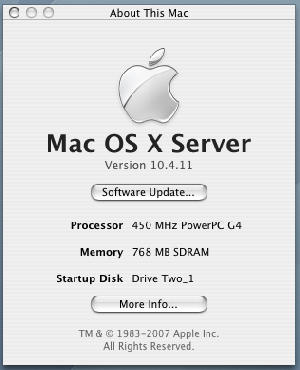koko: macOS (Panther to Sierra), apps and more
Sunday, October 16th, 2016“Genghis Khan and his brother Don
Could not keep on keepin’ on”
(1971) “You Ain’t Goin’ Nowhere” – Bob Dylan
Advising Don’t drop your iBook, and subsequently reporting repairs and repurposing (but not eventual abandonment), I only hinted at my negative over-reaction to Apple as a result of those iBook experiences. But I also knew I had to keep up with what Apple was doing, and that would mean hands on experience.
Besides the iBook, I had a Power Mac G4 that a client gave me to port software to OS X Server. I ported the software to Panther and Tiger and still have the machine.
It isn’t close to meeting the Leopard 867MHz processor requirement, but I’ve still found it useful from time to time. (more…)


You must be logged in to post a comment.